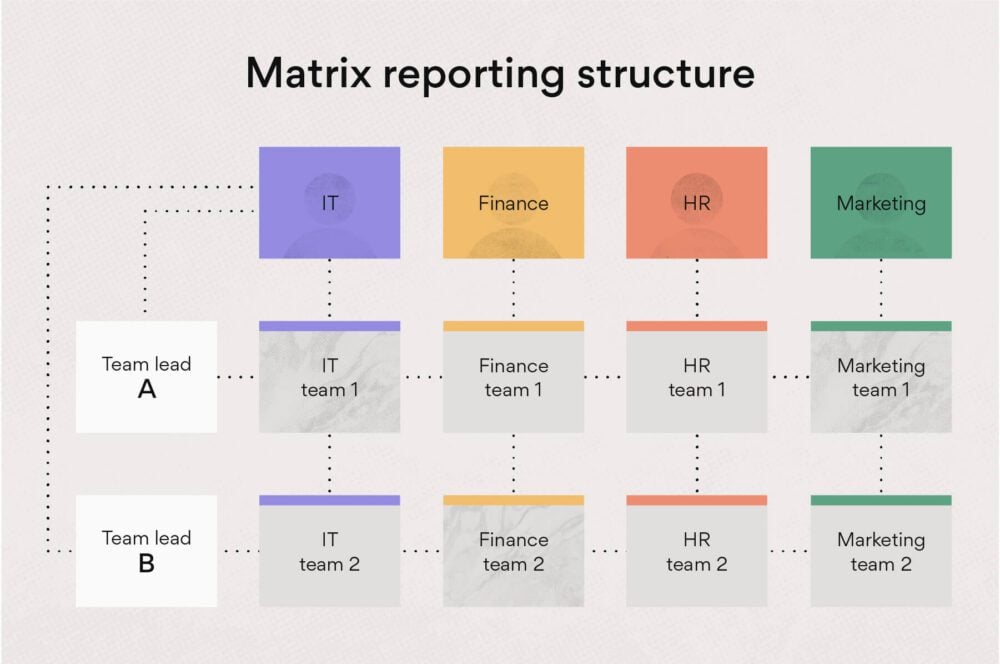What is the definition of a Business Structures? ..The legal structure of an organization recognized in a specific jurisdiction is referred to as its business structure. A company’s legal structure defines what actions it can undertake, including raising funds, assuming responsibility for the company’s obligations, and the amount of taxes it must pay.
Before deciding on a legal structure, business owners should analyze their objectives and goals, as well as the characteristics of each business form. In the United States, the four most common business structures are a private company, partnership, limited liability, and organization.
Business Structures

the definition of a Business Structures?
the definition of a Business Structure..A company structure explains a company’s legal form, which influences the day-to-day operations of the Business Structures.
Because they are not required to hold town meetings or vote, sole proprietor ships and partnerships are simple to establish.
A conglomerate and a limited company provide their owners with limited liability protection, which prevents the owner’s financial property from ever being sold to accept this same entity’s current assets and liabilities.
Read also: Incorporation in law Techniques
Business Structures Types
The following sections go through the various business structures in detail:
- A sole proprietorship is a Business Structures that is owned and operated by one person.
- A sole proprietor Business Structures form, with one person in charge of the day-to-day operations of the company. In addition, the business’s h and costs are included in the owner’s tax return.
- Because the firm does not exist as a separate legal entity from its owner, it is not necessary to file separate income tax forms. Form 1040 must be filed by the owner, and it must include Tax Liability and Page SE for soul tax.
There are so many advantages to starting a firm as a all proprietorship. To begin with, establishing a sole proprietorship is inexpensive, and the charges of registering a sole proprietorship are minimal. The only expenses incurred by a sole proprietorship in most states are Business Structures taxes and operational licensing fees.
Tax deductions, such as health insurance, may be available to Business Structures owners. An individual proprietorship, not like a limited liability company, is not obligated to meet mostly requirements such as shareholder meetings, voting, or director election. On the negative, because it is not a separate legal entity from its owners, the business’s debts, liabilities, and responsibilities will be held against them personally.
Partnership

the definition of a Business Structures?
A partnership is a type of Business Structure’s arrangement in which two or more owners share ownership. For a firm with two or more parties, it is the most basic form of business structures. A private company and a corporation have a lot in common. The Business Structures, for example, do not operate as a separate legal personality from its owners, thus the owners and the entity are handled as if they were one person.
The profits and losses of the company are passed on to the partners when filing taxes, and each partner must submit the information on Form 1065 with their tax filings. In addition, partners must pay self-employment tax based on their share of the company’s profits. The profit or loss on Schedule K-1 is recorded on this form.
A partnership of business meetings has a number of advantages. There is lower than paperwork included Forming a partnership requires less paperwork, and partners are not required to meet the same level of eligibility as limited liability companies, partnerships have a unique tax structure that requires participants to report their share of the business’ profit or loss on their tax return.
On the flip side, the personal liability for the company’s debts and liabilities, and their personal assets may be liquidated to cover the company’s commitments. Partner clashes are also a possibility, which might slow down corporate operations.
Corporation
Meaning of corporation is a sort of company organization that establishes a legal distinction between the entity and its owners.
It is not easy and expensive to set up, and it demands a real owners to stick to greater tax and regulatory requirements. Attorneys are hired by most corporations to manage the licensing process and make sure that the entity adheres with the legislation in which it is registered.
A corporation must be constituted before a company may go public and sell common stock to the public. Businesses are required to pay both federal income tax, while shareholders must report dividend payments on their personal income tax returns.
A C-corporation is a legal entity independent of its owners, whereas an S-corporation can have up to 100 owners and operates similarly to a partnership.
The company can raise a lot of money by selling stock to the public. In addition, the Business Structure’s form comes with restricted personal liability, which protects the owners from the company’s debts, responsibilities, and duties.
Limited Liability Corporation (LLC)

the definition of a Business Structures?
A limited liability company (LLC) is a hybrid business structure that incorporates the finest features of both general partnerships. It shields large corporations from personal accountability while also reducing tax and regulatory burdens. The profits and losses of the business are distributed to the owners, who are required to report a part of the profits and losers on their personal taxes.
In addition, unlike an S-corporation, which is limited just 100 shareholders, a limited liability company has no limit on the number of stockholders. A limited liability company must submit its articles of organization with the Secretary of State in the county where it wishes to do business.
One of the advantages of starting a business entity over a business is that it comes with fewer restrictions. There is less paperwork, and the owners have limited responsibility, which protects their assets from being auctioned to cover the organism’s liabilities. There is a little restriction on the number of partners that a limited liability corporation can appoint.
On the downside, forming a business entity is costly since it must join with the state in which it wishes to operate. To ensure that it conforms with tax and regulatory obligations, the organization may need to hire an accountant and an attorney.
Read more: Money transfer services near alexandria